Balancing privacy and justice: Psychotherapy note disclosure guidelines explained
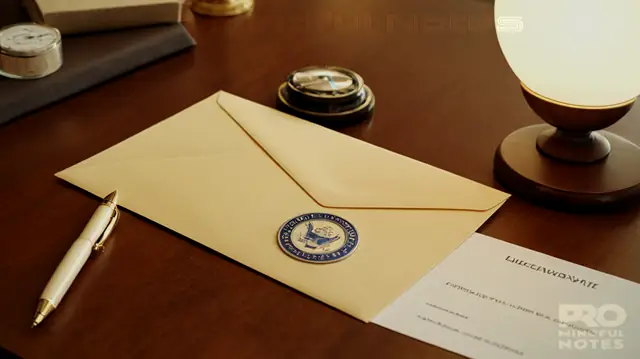
When it comes to providing mental health services, therapists have a responsibility to balance privacy and justice. This means ensuring that client information is protected while also fulfilling legal and ethical obligations. One aspect of this balancing act is understanding when psychotherapy notes can be disclosed and under what circumstances they can be released to patients themselves.
In this article, we'll delve into the psychotherapy note disclosure guidelines, exploring the situations where therapists may need to release these confidential records. We'll also discuss the importance of maintaining confidentiality and how therapists can ensure that sensitive information is protected while still meeting legal requirements. Whether you're a therapist seeking guidance on how to navigate these complex issues or simply interested in understanding the role that psychotherapy notes play in mental health care, this article aims to provide valuable insights into the world of psychotherapy note disclosure.
We'll start by examining the circumstances under which psychotherapy notes can be disclosed, including legal requests and situations where there is a danger to self or others. We'll also explore the patient's right to access their own medical records, including psychotherapy notes, and discuss how therapists can balance this request with the need to protect sensitive information.
- What are psychotherapy notes?
- Confidentiality vs. Disclosure: A Balance
- Legal Requests for Disclosure
- Danger to Self or Others: A Duty to Act
- Client Requests and Consent
- Exceptions to Confidentiality: Harm, Imminent Danger, or Court Order
- Guidelines for Disclosure: HIPAA and State Laws
- Best Practices for Therapists: Maintaining Patient Trust
- Conclusion
- Video about Balancing privacy and justice: Psychotherapy note disclosure guidelines explained
What are psychotherapy notes?
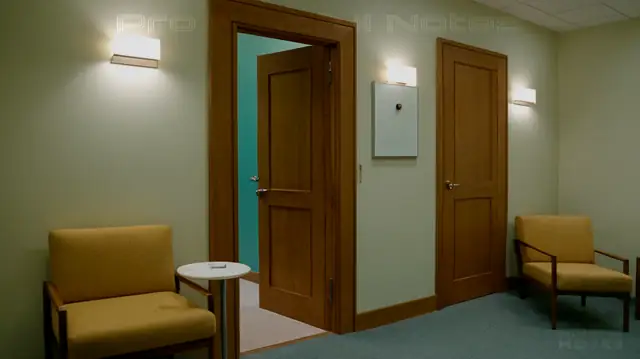
Psychotherapy notes are written records that therapists keep during or after private therapy sessions. These confidential records document the therapist's thoughts, impressions, and observations about a client's progress, feelings, and behaviors during treatment. Psychotherapy notes provide valuable information about the therapeutic process, allowing therapists to track progress, identify patterns, and inform their treatment approach.
These written notes are distinct from a client's medical record, which typically includes more general information about their diagnosis, treatment plan, and progress. While psychotherapy notes can be used to support a patient's overall care, they are considered confidential records that require special handling. In fact, the Health Insurance Portability and Accountability Act (HIPAA) requires therapists to maintain confidentiality when it comes to psychotherapy notes, unless certain circumstances arise when can psychotherapy notes be released to patient.
Under HIPAA, psychotherapy notes can only be disclosed in specific situations, such as when a court orders their release for legal proceedings. In cases where a client is at risk of harm or poses a threat to themselves or others, therapists must report this information to authorities to prevent violence. Additionally, clients have the right to access their medical records, including psychotherapy notes, but therapists can deny requests if releasing sensitive information could cause harm. When considering whether to disclose psychotherapy notes, therapists must weigh patient confidentiality against the need to protect public safety or uphold legal obligations, all while adhering to strict guidelines and protocols for when can psychotherapy notes be disclosed.
Confidentiality vs. Disclosure: A Balance
Psychotherapy notes are a vital component of a therapist's practice, serving as a detailed record of sessions and progress made by clients. While maintaining confidentiality is essential for building trust and fostering open communication, there are times when can psychotherapy notes be disclosed to ensure the safety and well-being of all parties involved. For instance, if a client poses an immediate threat to themselves or others, therapists must release relevant information to authorities, prioritizing harm prevention over confidentiality.
However, this raises questions about what constitutes appropriate disclosure. Can psychotherapy notes be released to the patient themselves? The answer lies in balancing privacy with justice. In general, clients have the right to access their medical records, including psychotherapy notes, but therapists can deny requests if releasing sensitive information could cause harm. This highlights the importance of considering the potential consequences of disclosure and ensuring that any release is done in a responsible manner.
Ultimately, striking a balance between confidentiality and disclosure requires careful consideration of the ethical principles guiding the therapeutic relationship. By understanding when to disclose psychotherapy notes and how to do so in a way that prioritizes both privacy and justice, therapists can build trust with their clients while also fulfilling their legal and professional obligations.
Legal Requests for Disclosure
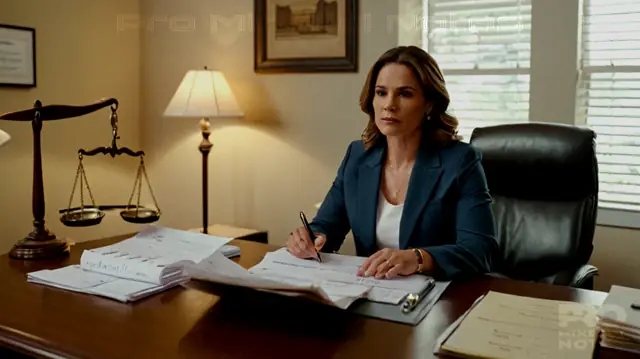
In certain situations, psychotherapy notes can be disclosed in response to a legal request. This typically occurs when a court orders release of the notes as part of legal proceedings, such as a lawsuit or criminal investigation. In these cases, therapists are required to comply with the court's order and provide the requested information. It is essential to understand that psychotherapy notes can only be released in compliance with a valid court order, and not at the discretion of the therapist.
When determining whether psychotherapy notes should be disclosed in response to a legal request, therapists must weigh the patient's privacy interests against the legitimate needs of the legal process. In cases where the court has issued an appropriate subpoena or court order, psychotherapy notes can be released to authorized parties, such as law enforcement agencies or litigation counsel. However, it is crucial for therapists to ensure that the disclosure is only made in compliance with the law and that any requests for release are carefully scrutinized.
In general, psychotherapy notes cannot be released to a patient without their explicit consent. Unless there are compelling circumstances, such as a client's request for records or a court order, therapists should not release psychotherapy notes to the patient. This helps maintain the confidentiality and security of sensitive information discussed during therapy sessions. By understanding when psychotherapy notes can be disclosed, therapists can strike a balance between respecting Patient's privacy and fulfilling their legal obligations.
Danger to Self or Others: A Duty to Act
Therapists are often faced with a difficult decision: when can psychotherapy notes be disclosed without compromising confidentiality? In situations where a client poses a danger to self or others, therapists have a legal and ethical duty to act. This includes reporting instances of self-harm, suicide threats, or violence towards others. If a therapist suspects that a client may cause harm to themselves or someone else, they must take immediate action to ensure public safety.
In these situations, psychotherapy notes can be released without the patient's consent to appropriate authorities, such as law enforcement or emergency services. This duty to act supersedes the standard confidentiality rules governing psychotherapy notes. The therapist's primary concern is protecting the client and others from harm, while also maintaining a level of confidentiality that does not compromise their professional obligations.
In rare cases, can psychotherapy notes be released to the patient? Yes, if the therapist determines that releasing these notes would not cause harm to the client or others. For instance, in situations where the client is seeking help and the notes are necessary for treatment planning, it may be appropriate to share them with the client. However, this decision must be made on a case-by-case basis, taking into account the specific circumstances and potential consequences of disclosure.
Client Requests and Consent
When clients request access to their psychotherapy notes, therapists must navigate a delicate balance between maintaining confidentiality and respecting the client's right to information about their own treatment. Can psychotherapy notes be released to the patient? The answer lies in understanding the circumstances under which disclosure is permitted. In general, patients have the right to access their medical records, including psychotherapy notes, as required by federal law.
However, therapists are not always obligated to release psychotherapy notes upon request. In fact, when can psychotherapy notes be disclosed? The HIPAA Privacy Rule allows for denial of record access if releasing the information would cause harm or jeopardize the privacy of others. For example, a therapist might deny a patient's request to access their psychotherapy notes if they contain sensitive information about other individuals who were also present in group therapy sessions.
To ensure compliance with legal requirements and ethical obligations, therapists should carefully review each client request for access to psychotherapy notes before making a decision. By doing so, they can balance the patient's right to know with the need to maintain confidentiality and protect others' privacy. Ultimately, this requires careful consideration of each situation and adherence to established guidelines governing record disclosure.
Exceptions to Confidentiality: Harm, Imminent Danger, or Court Order
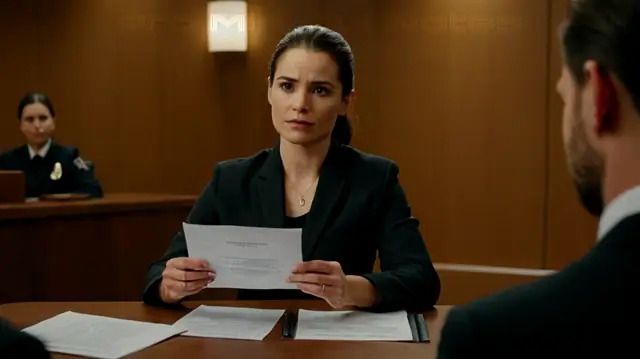
While confidentiality is essential in psychotherapy, there are exceptions when psychotherapy notes must be disclosed. In cases of imminent danger or harm to self or others, therapists must report this information to the appropriate authorities to prevent violence. For instance, if a client shares plans to commit suicide or harm someone else, the therapist is obligated to notify law enforcement or emergency services.
Another exception occurs when there is a court order requiring disclosure of psychotherapy notes. In these situations, therapists must release the necessary information as ordered by the court. This may include sharing information with lawyers, judges, or other authorized parties involved in the legal proceedings. When can psychotherapy notes be disclosed? The answer lies in understanding the ethical and legal obligations surrounding confidentiality.
There is one more scenario where psychotherapy notes can be released to a patient: when the client requests access to their own records. While clients have the right to access their medical records, including psychotherapy notes, therapists may deny these requests if releasing sensitive information could cause harm or jeopardize the therapeutic relationship. However, in cases where the release of information is deemed necessary for the client's well-being or treatment, therapists must balance confidentiality with the client's needs.
Guidelines for Disclosure: HIPAA and State Laws
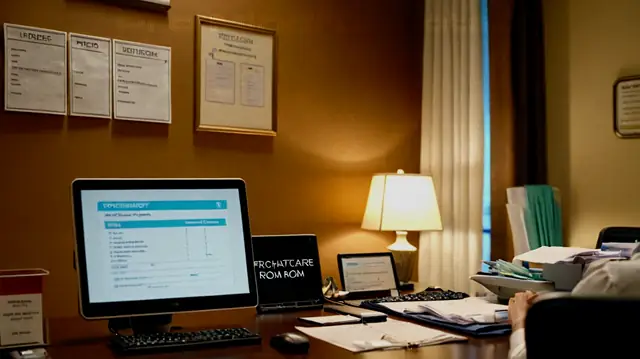
When it comes to disclosing psychotherapy notes, therapists must navigate a delicate balance between maintaining patient privacy and fulfilling legal obligations. Under HIPAA (Health Insurance Portability and Accountability Act), psychotherapy notes can be disclosed in certain situations. For instance, if a court order or subpoena is issued, therapists are required to release the notes. Similarly, if a client poses an imminent threat to themselves or others, therapists must report this information to authorities.
However, there are also state laws that govern disclosure of psychotherapy notes. For example, some states have specific laws governing patient access to their records, including psychotherapy notes. In these cases, clients may have the right to request and receive a copy of their psychotherapy notes. While therapists are not required to release the notes in all circumstances, they must be prepared to discuss the content with patients who request it.
Can psychotherapy notes be released to the patient? Under HIPAA, psychotherapy notes can only be disclosed to the patient if the therapist has obtained written authorization from the client. This means that therapists cannot simply hand over the notes without permission. However, if a patient requests access to their records and includes a waiver of confidentiality, therapists may need to release the notes. In these cases, it's essential for therapists to review state laws and HIPAA regulations to ensure they are meeting legal requirements.
Best Practices for Therapists: Maintaining Patient Trust
Maintaining patient trust is crucial for therapists, as it lays the foundation for a successful therapeutic relationship. This involves striking a balance between when can psychotherapy notes be disclosed and ensuring that client confidentiality is respected. A fundamental principle of therapy is that all information shared by clients should remain confidential. However, there are situations where disclosure of psychotherapy notes may be necessary, such as in cases where a patient's life is in imminent danger.
In these exceptional circumstances, therapists must carefully consider whether releasing the psychotherapy notes to relevant authorities, such as law enforcement or emergency services, would help prevent harm to the client or others. It is essential to remember that these situations are extremely rare and should only occur when absolutely necessary. Furthermore, clients have a right to know what information will be shared about them, which raises questions about can psychotherapy notes be released to patient. While it may seem counterintuitive, releasing some information can actually strengthen the therapeutic relationship by increasing client trust.
In general, therapists should adhere to standard procedures when dealing with confidential information. This includes maintaining accurate and detailed records of therapy sessions, as well as storing these records securely to prevent unauthorized access. By following established best practices, therapists can effectively balance the need for confidentiality with the need for transparency and accountability.
Conclusion
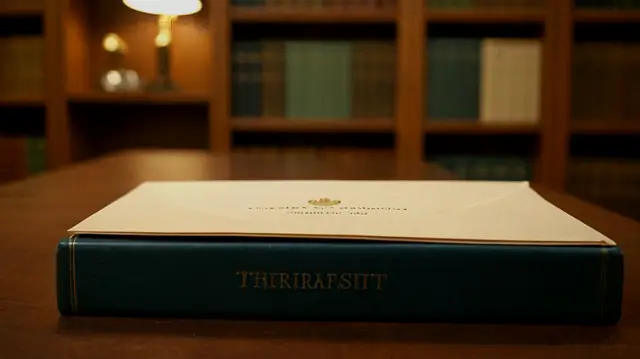
Balancing privacy and justice is crucial for therapists working with confidential records such as psychotherapy notes. It is essential to understand when can psychotherapy notes be disclosed, as this information can impact client confidentiality. While maintaining confidentiality is a top priority, there may be situations where disclosure of psychotherapy notes is necessary. These include legal requests, danger to self or others, and specific circumstances outlined in the HIPAA regulations.
When determining whether to disclose psychotherapy notes, therapists must weigh the importance of confidentiality against the need to protect clients and others from potential harm. In some cases, this may involve releasing psychotherapy notes to a patient or their representative, but only under specific circumstances where the patient has requested access or there is a legitimate interest in releasing the information. Ultimately, therapists must navigate these complex issues while ensuring that client privacy is maintained.
By understanding the guidelines for disclosing psychotherapy notes, therapists can provide sensitive and effective care while also meeting legal and ethical obligations. This balance is critical to maintaining trust between therapists and clients, as well as upholding professional standards and respect for patient autonomy.
Video about Balancing privacy and justice: Psychotherapy note disclosure guidelines explained
Leave a Reply


Related Posts